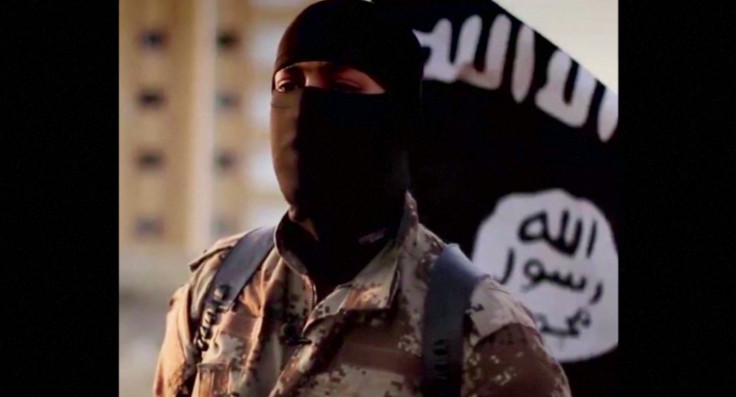Former Isis paymaster Abu Hajjar reveals how the group got its £2bn war chest

A senior Islamic State (Isis) figure will reveal on TV next week how the jihadist group became the world's richest terrorist organisation, with an estimated war chest of £2bn.
Abu Hajjar – who was captured by western forces in 2014 and is now being held in a secret heavily fortified and high-security compound in Baghdad – will outline how IS amassed a vast fortune by seizing oil fields, looting and bank robberies, the Sunday Mirror reported.
The former IS paymaster will reveal during BBC 2's This World programme how fighters are paid in bundles of US dollars, smuggled to the fighters by a chain of couriers.
The programme will also show the group was formed in the Camp Bucca prison run by the Americans in southern Iraq, sources told the Sunday Mirror.
Origins of terror
IS was formed following the US invasion of Iraq, when Sunni militants joined forces with Saddam Hussein's deposed generals to form an alliance now known as Islamic State in the West.
As the group swept through northern Syria and much of the north and west of Iraq, the group seized billions via bank robberies and looting.
When Hajjar was snatched in Iraq's second city Mosul, Iraqi security forces knew he was an important figure in IS because he was wearing a "nappy" bomb and had a suicide capsule secreted in his belly button, according to Australia's Sunday Morning Herald.
The devices were an elaborate strategy intended to prevent him being captured alive.
As a result of Hajjar's interrogation, western security sources were able to obtain nearly 160 computer memory sticks, each filled with invaluable data on the secretive operations of IS.
The information gathered gave an insight into the group's organisational setup and finances, as well details about individual members.
Dangerous interview
Veteran BBC reporter Peter Taylor' defended his controversial interview with Hajjar – the most senior IS leader to fall into western hands – on Wednesday (22 April) as being in the public interest.
He admitted: "I am fascinated by the emergence of ISIS and believe broadcasters have a duty to explain to viewers just what it is and where it came from, as well as the attraction of radicalisation to certain individuals, beyond the sensationalist headlines of the public executions.
"The countries we need as allies – Syria and Iran – are now the bête noirs. It's a fascinating story on every level."
A BBC spokeswoman said: "The film is still being edited. We have no comment to make on its contents."
This World – World's Richest Terror Army – is due to be broadcast on BBC 2, on Wednesday 22 April, at 9pm.
© Copyright IBTimes 2025. All rights reserved.




















